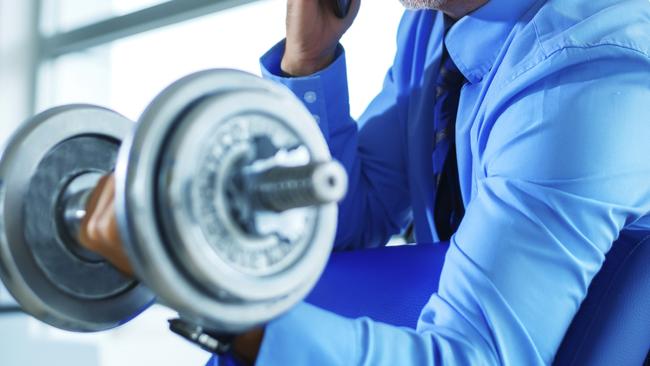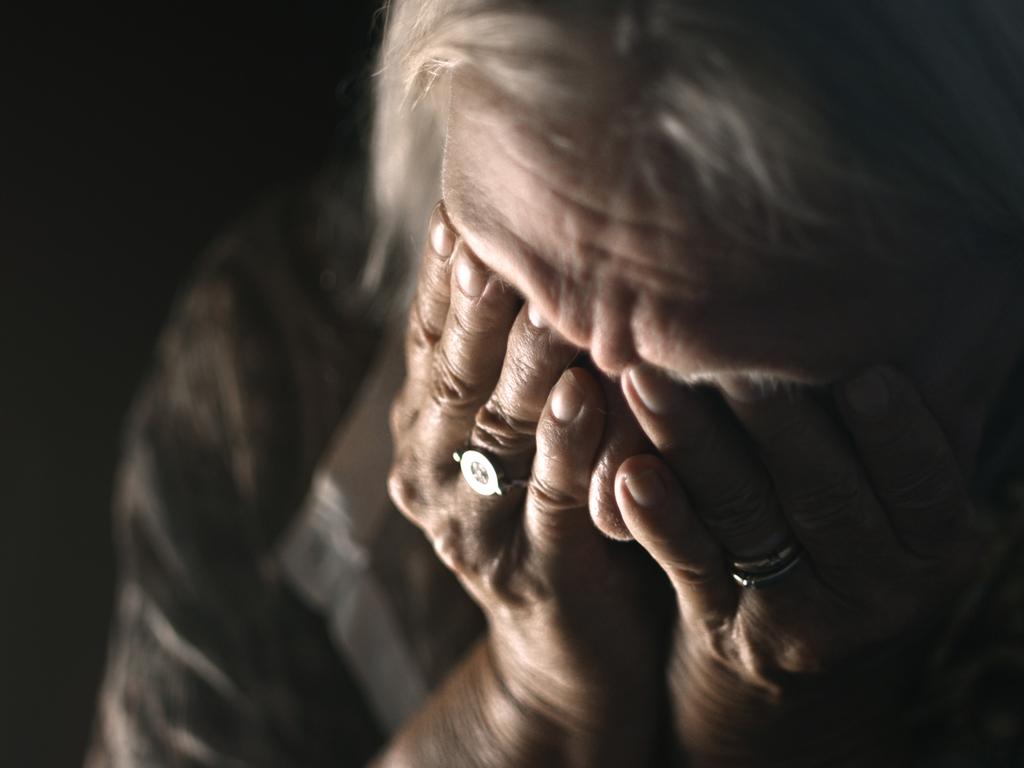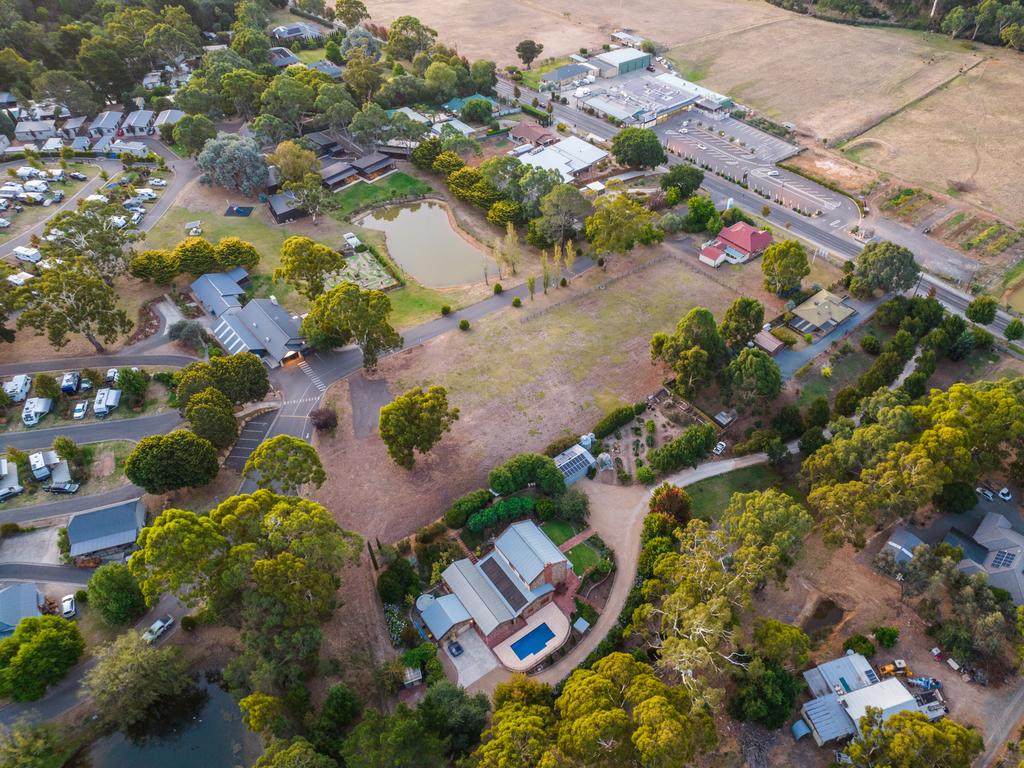Cancer’s lethal lottery killed my siblings. It was my wake-up call
My family history jolted me into having regular checks and changing my habits. But that should be the baseline for all men.

Every summer for the last 20 years I have had a health check. You will be pleased to know that I am not about to announce bad news. In fact quite the reverse; everything is, all things considered, quite good apparently.
I was jolted into having regular health checks when my brother and sister died of cancer, both within five years of each other in the early 2000s. My sister died of bowel cancer at the age of 47. In deference to her I have regular colonoscopies. My brother died of pancreatic cancer at the age of 48 just three weeks after complaining of stomach pains. I am no medical expert but I gather this cancer is both lethal and a lottery.
These losses shook me up. I determined to do whatever I could to monitor my health, hence the health checks. I cannot believe this but in the 1990s I smoked. I gave up, and also stopped drinking alcohol. Not because there was a problem but I simply felt better for doing so. It was a way of turning family tragedy into something positive.
I am far from a health expert but I do whatever I can. I lead a busy life that involves weekly travel. I ride a bike along a bike path three or four times a week. It takes about 45 minutes. It’s not an extensive cardio workout but at the very least it seems to be very good for my knees. During the lockdowns I invested in some weights and set up a (modest) home gym in the garage. After each bike ride I spend 15 minutes going through a routine of sit-ups and barbell lifts. I quite like it. I listen to podcasts; I can feel the difference it makes to my arms, legs and stomach muscles.
I’m not sure if it’s the newly added weights or the regular cycling but it’s having an effect on the health metrics my GP likes to monitor. I am not the kind of person to go to a public gym or to ride a bike with a group, largely because my schedule is so random. But this routine works for me; it’s something I can control.
I was sporty in my youth and so I do understand the commitment required to train to competitive levels. But what I have discovered later in life is that doing something is always better than doing nothing. I have also discovered that having a range of options like a full bike ride or a short weights session is a way of fitting in exercise to suit the time available.
However even with this level of commitment there is more that can be done and especially by men who tend not to focus as much as they should on health issues. Having a regular health check is base-level care. Setting up a home gym and cycling is another level. Many further steps can be taken by the truly fitness inclined.
My observation is that in retirement men in particular tend to lose their work identity, which can affect their self-esteem. Setting in place regular catch-ups, a lunch or an activity are ways of building connection with like-minded men. Volunteering is another way of remaining connected to those beyond the family circle.
But the issue of health and wellness goes further than exercising and building relationships. Regular bulletins of the Australian Bureau of Statistics on mortality confirm that intentional self-harm is the leading cause of death for both men and women aged 15-44. I am far from an expert in these figures but I suspect they are caused in part by feelings of isolation and quiet desperation. I know there are many wonderful organisations dedicated to preserving the wellbeing of Australians of all ages but there is something mightily confronting about seeing these figures remain stubbornly high year after year. It suggests that there is something structural about modern society that needs fixing.
Maybe part of the solution is the idea that doing something is better than doing nothing, of starting small and of building from there. Of accepting that there will be times when it is not possible to exercise, or to catch up with a mate for a chat. However the baseline should be, must always be, having regular check-ups. If nothing else this single act will keep you connected to the idea that your health is everything.








To join the conversation, please log in. Don't have an account? Register
Join the conversation, you are commenting as Logout